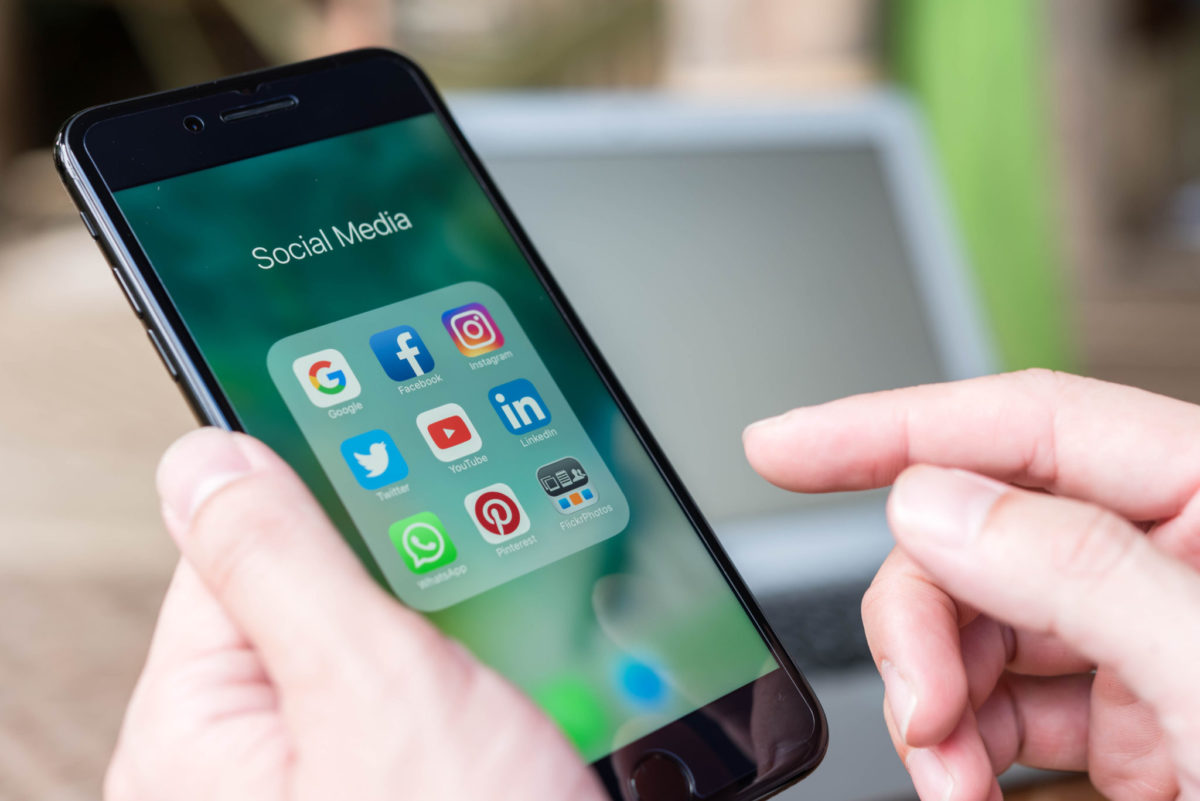Have a hassle keeping up with today’s generation trends? You’re not on my own. Social media is evolving faster than you could say “Zuckerberg congressional testimony.” Greater adjustments are on the horizon for next year.
The people behind the scenes already have a terrific concept of what’s to return. Social media specialist Venessa Paech has retained an eye fixed on the path of traits, traits, and experiments in 2019. Hence, she knows how it may also pan out inside the international.
Here’s what to look for and how it will impact your social media use.

The death of likes
Well, not completely. However, the forex of likes and their emoticon siblings will evolve in 2020. We’ve seen Facebook experimenting with disposing of like counts on Instagram profiles and now on its primary platform.
The organization says these actions are designed to deal with worries over intellectual health and social harm. It’s also probable to monetize access to likes and similar metrics for businesses and influencers down the music. Regardless of the motivation, it’s safe to mention how our likes look and behave will alternate in the coming 365 days, efficiently rewriting the social media language we’ve grown familiar with.
Gated communities
Online communities in the early net era were exceedingly engaged largely in separate, private areas. The mega-platforms changed this, shunting thousands and thousands of us into large-scale commons, with each good and bad result.
As frustrations over huge platform politics, ever-changing algorithms, and growing pay-to-play prices have grown, we’ve seen a resurgence of a smaller area of interest in social networks and structures wherein humans feel greater on top of things of their revel in interactions and records. Notably, there is the rise of messaging apps and chat channels, in which smaller groups shape groups that fit their personal and professional wishes.
Messaging apps, personal networks, and gated regions within other structures (such as Fiestas) will grow in recognition, especially with younger generations more discerning about over-sharing. As adults comply with young human beings into gated social circles, those young human beings are certain to move off to an excellent, more private nook of the net.
Multiple realities
While your concept of the Virtual Reality hype rollercoaster has taken spoil, get equipped for every other steep climb. Facebook has suggested for years that VR become its social cease-recreation (one driving component is its acquisition of Oculus Rift); however, to your average social media person, that imaginative and prescient probably felt a ways from the actual truth.
After some experimentation with small catchments of users, Facebook has sooner or later introduced plans for Horizon, a huge, multi-user digital global somewhere between Second Life (which is still alive and kicking) and the Oasis in Ready Player One.
The new digital layer of the social community will launch in beta in 2020 and will give users the equipment to dangle out with friends, watch, and create content material. Whether Horizon profits momentum or no longer, count on looking at several social media players staking the floor inside the digital world space.
While VR will eventually become extreme about social media in 2020, Augmented Reality—already part of existence for normal users of Instagram and Snapchat filters—looks set to preserve development. Expect extra creative and commercial AR applications in social advertising and marketing, buying, and experiential marketing.





